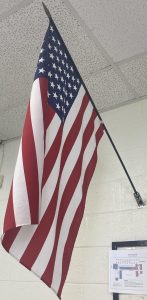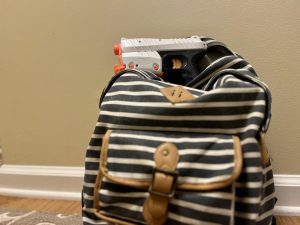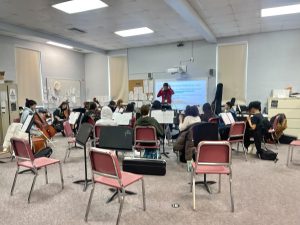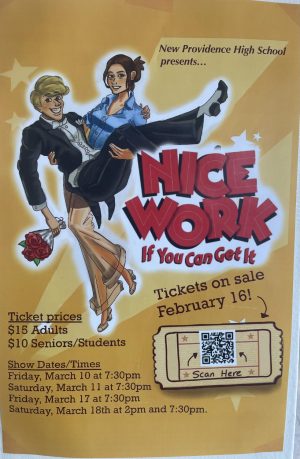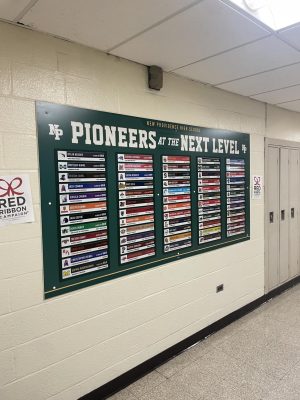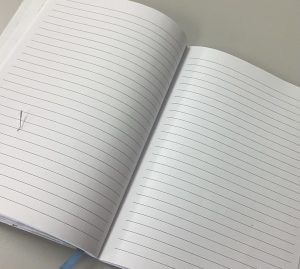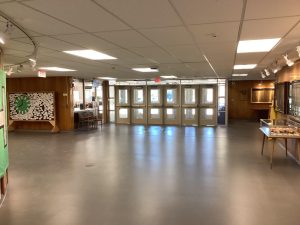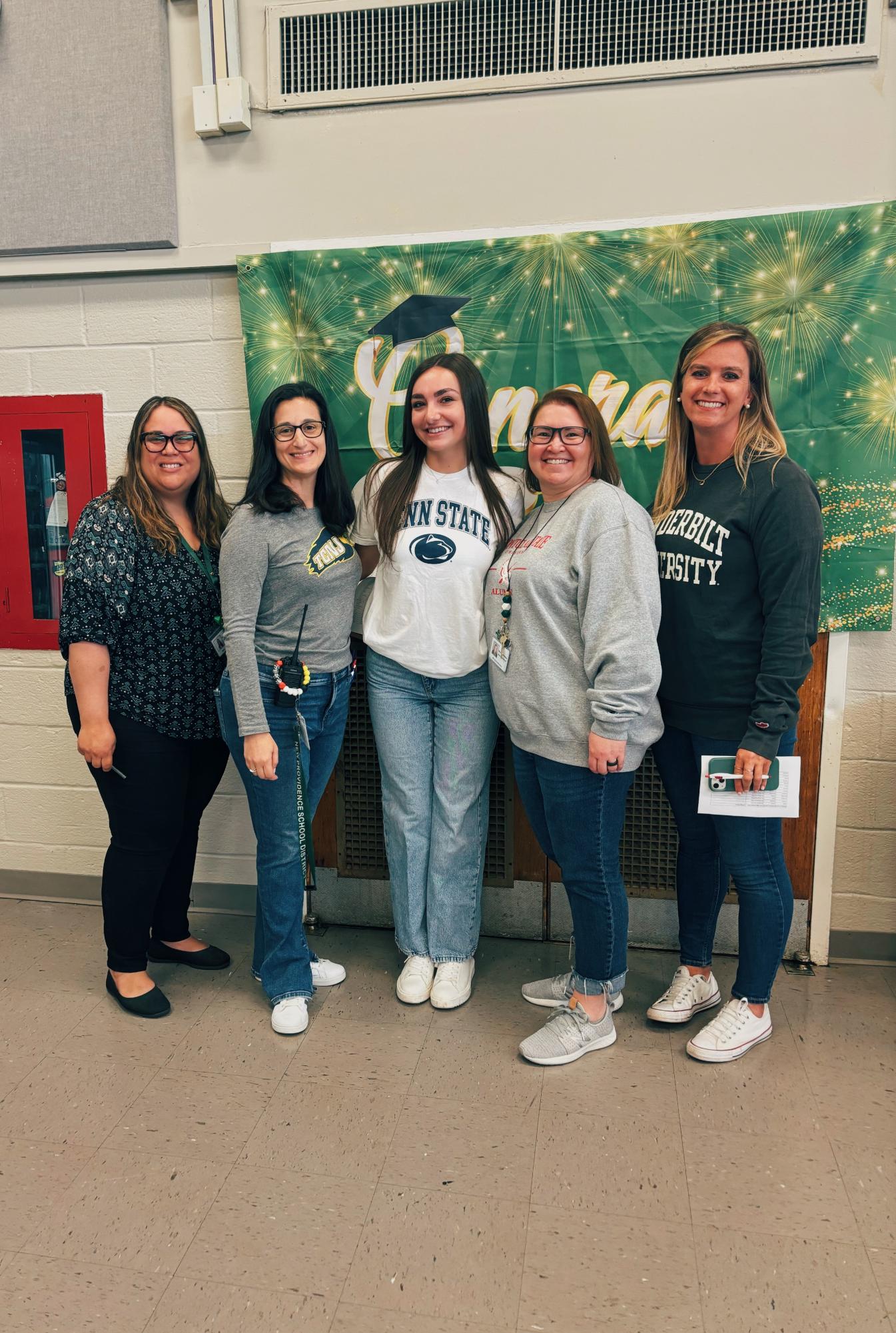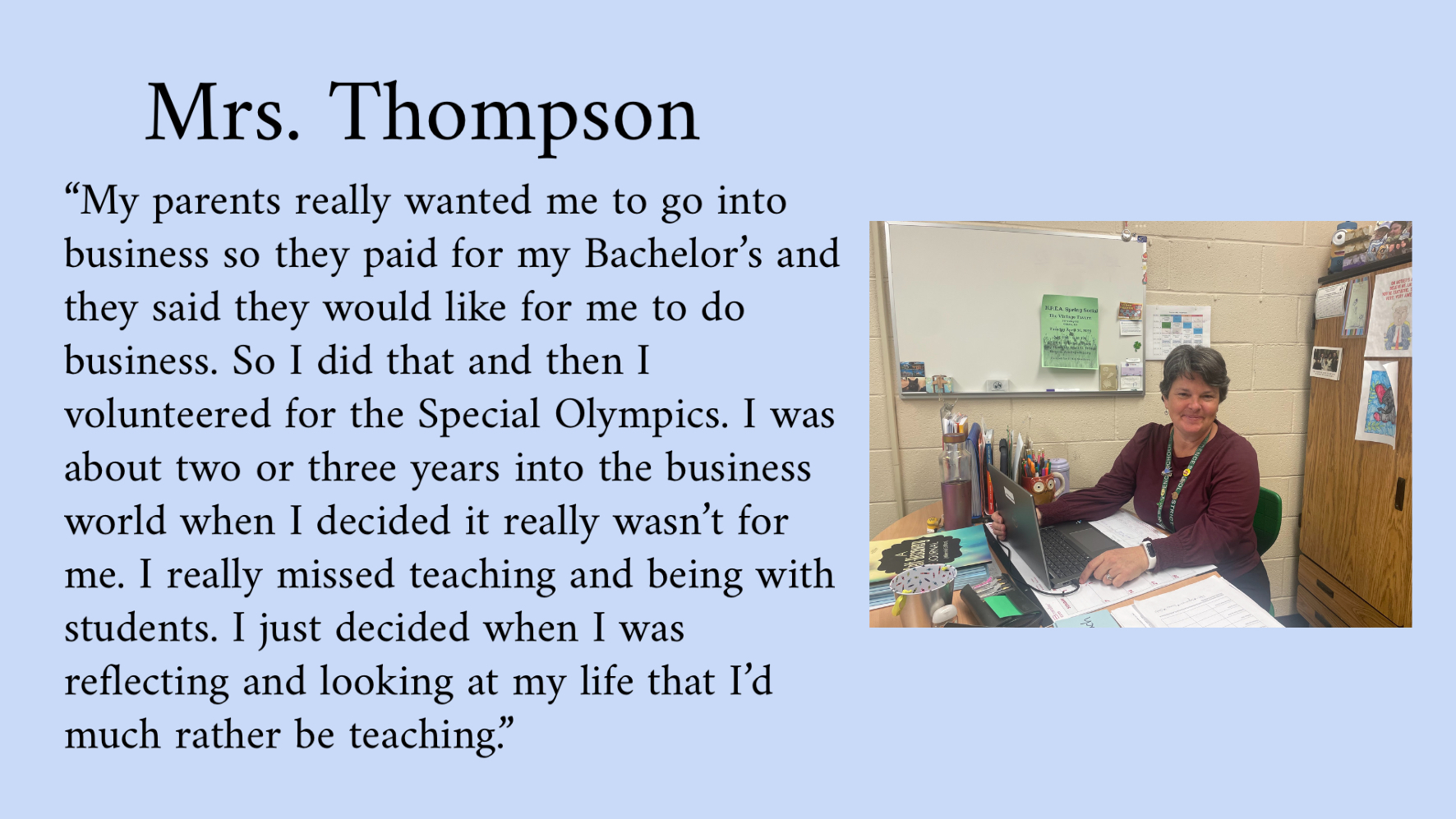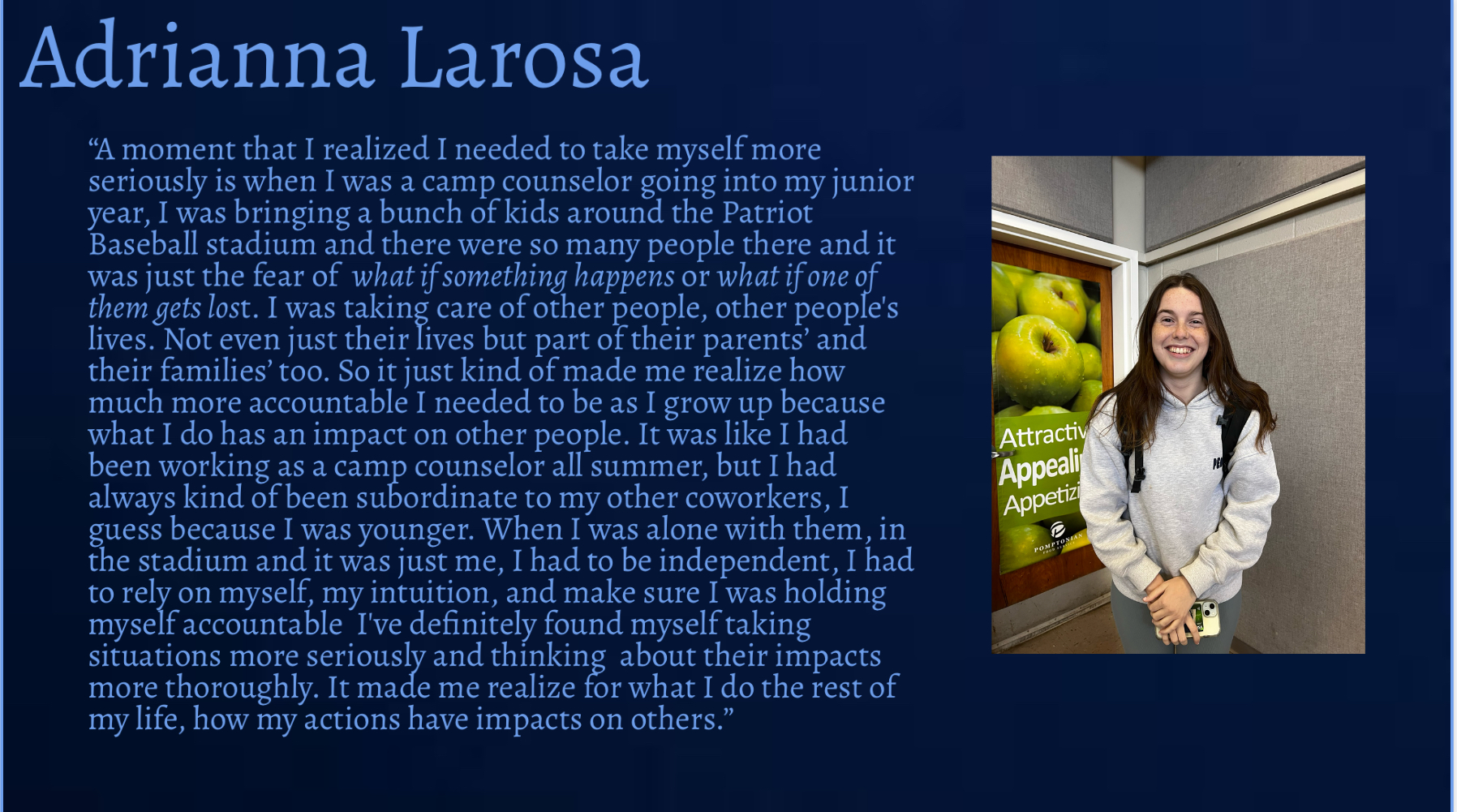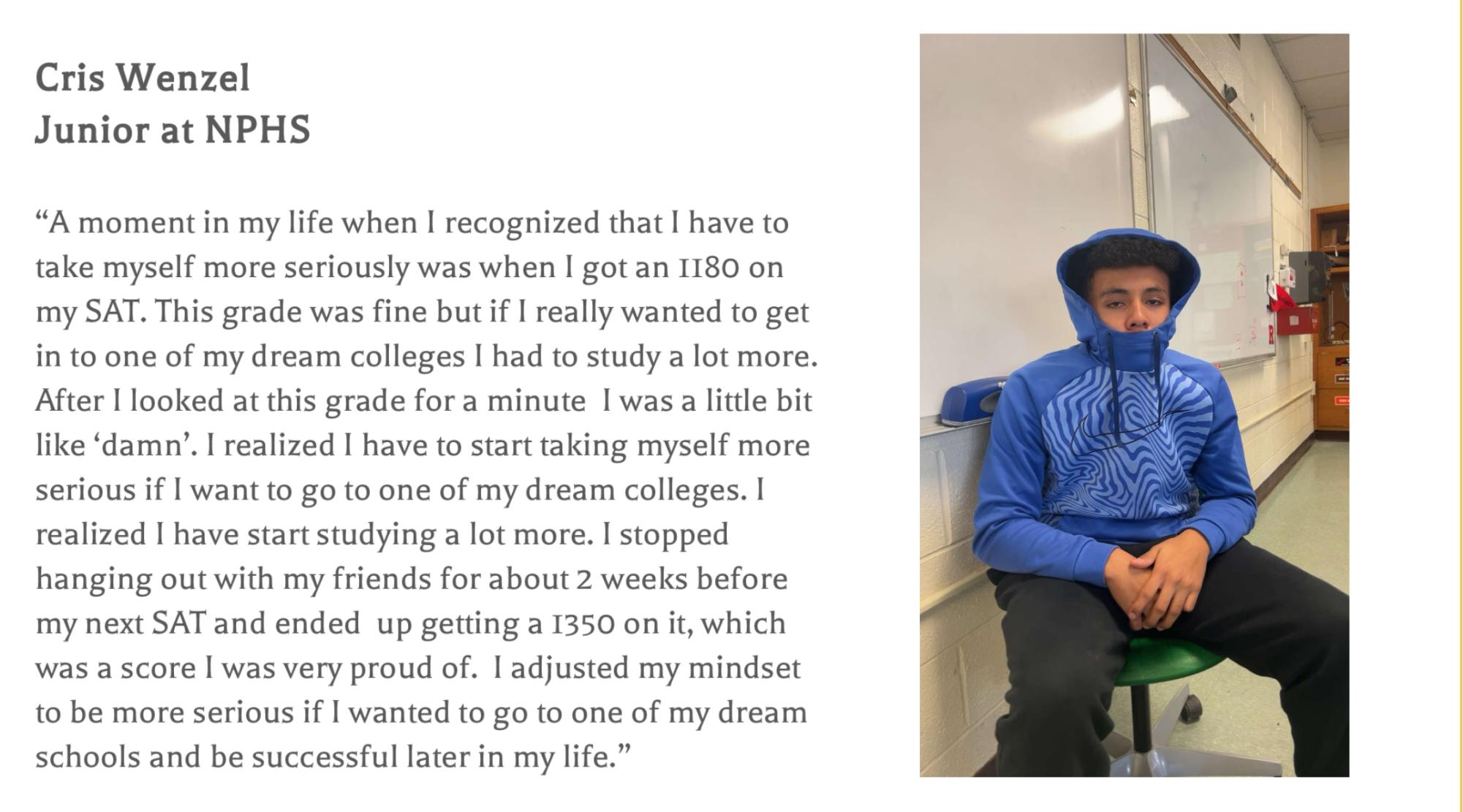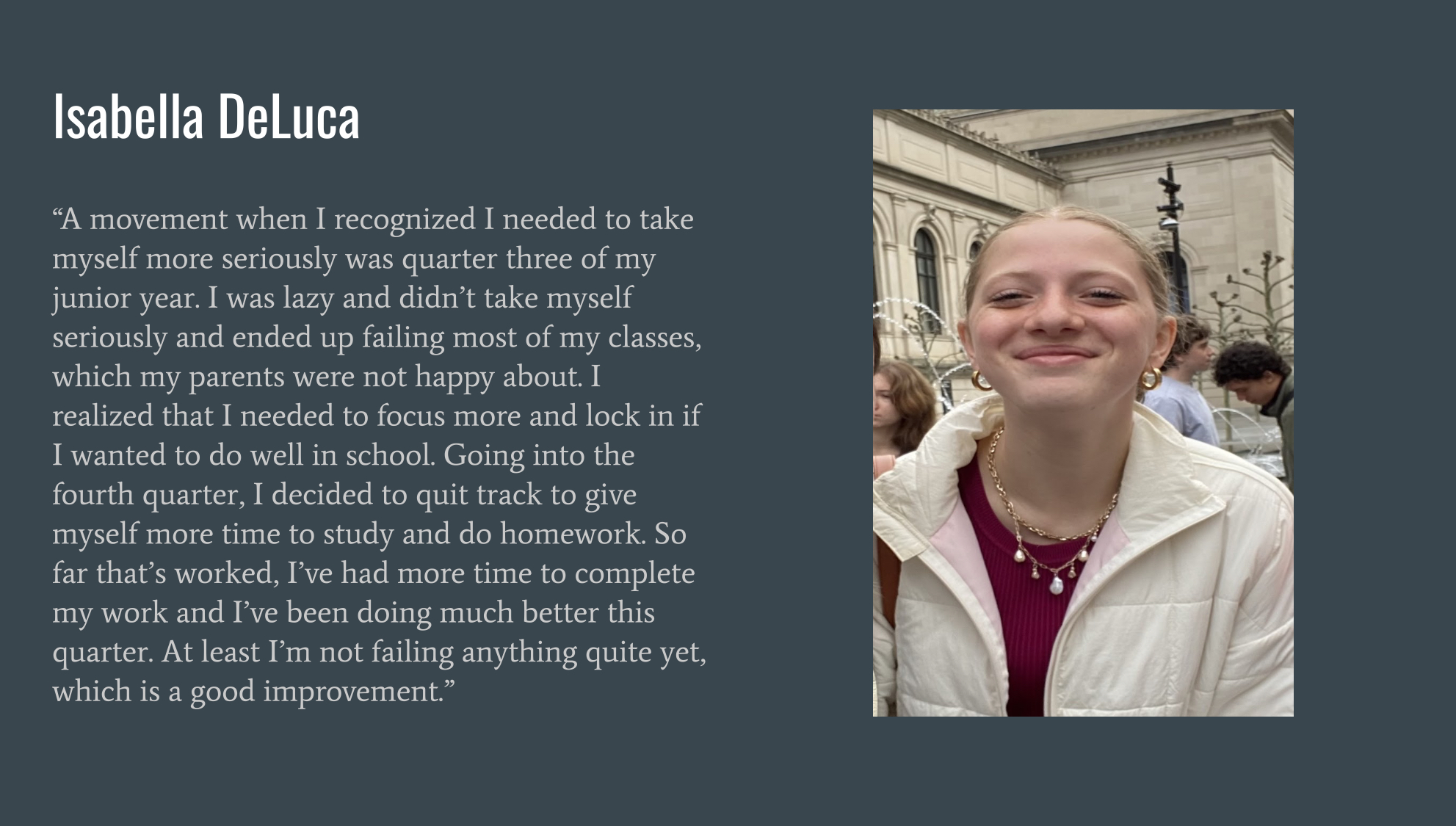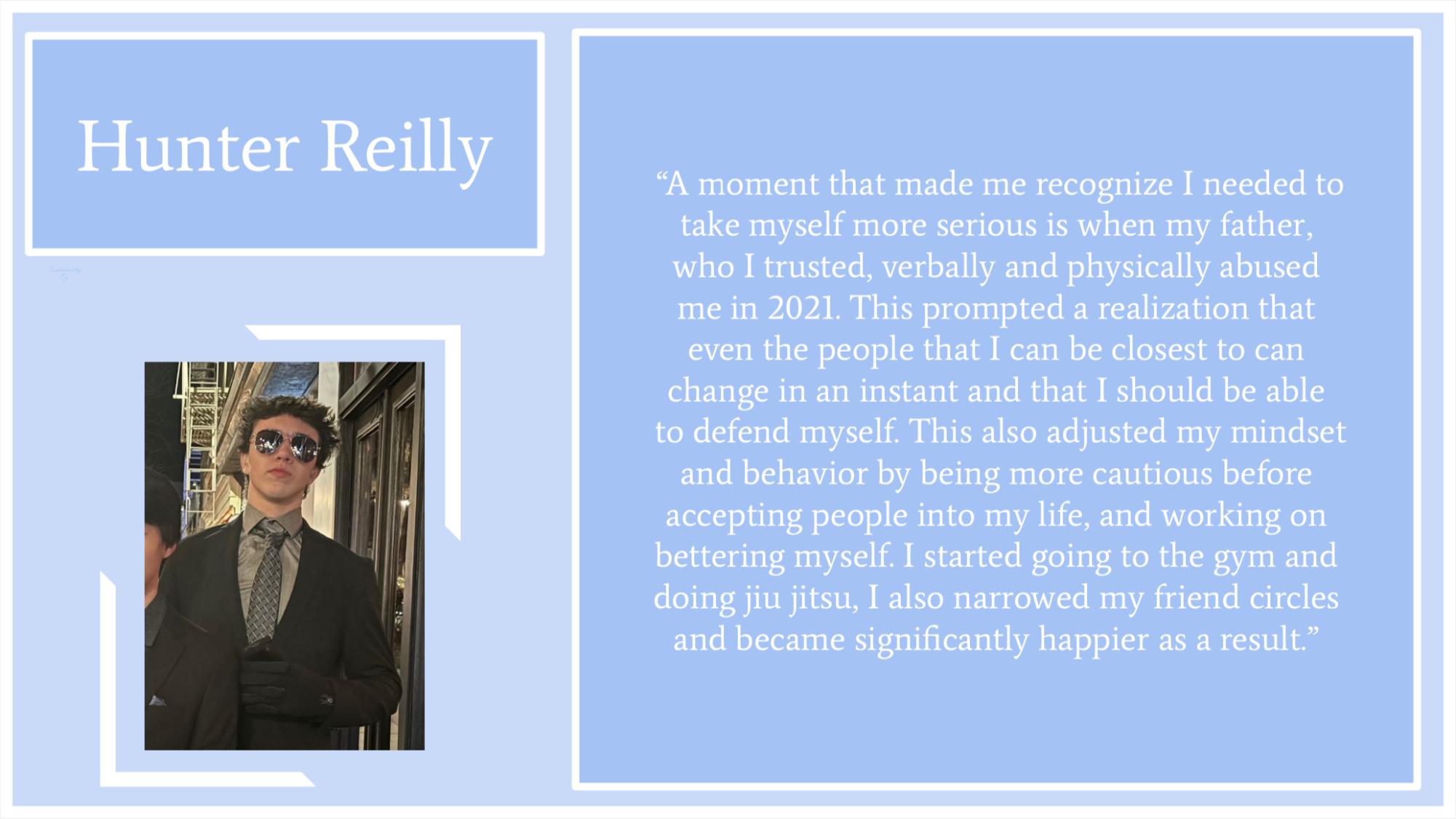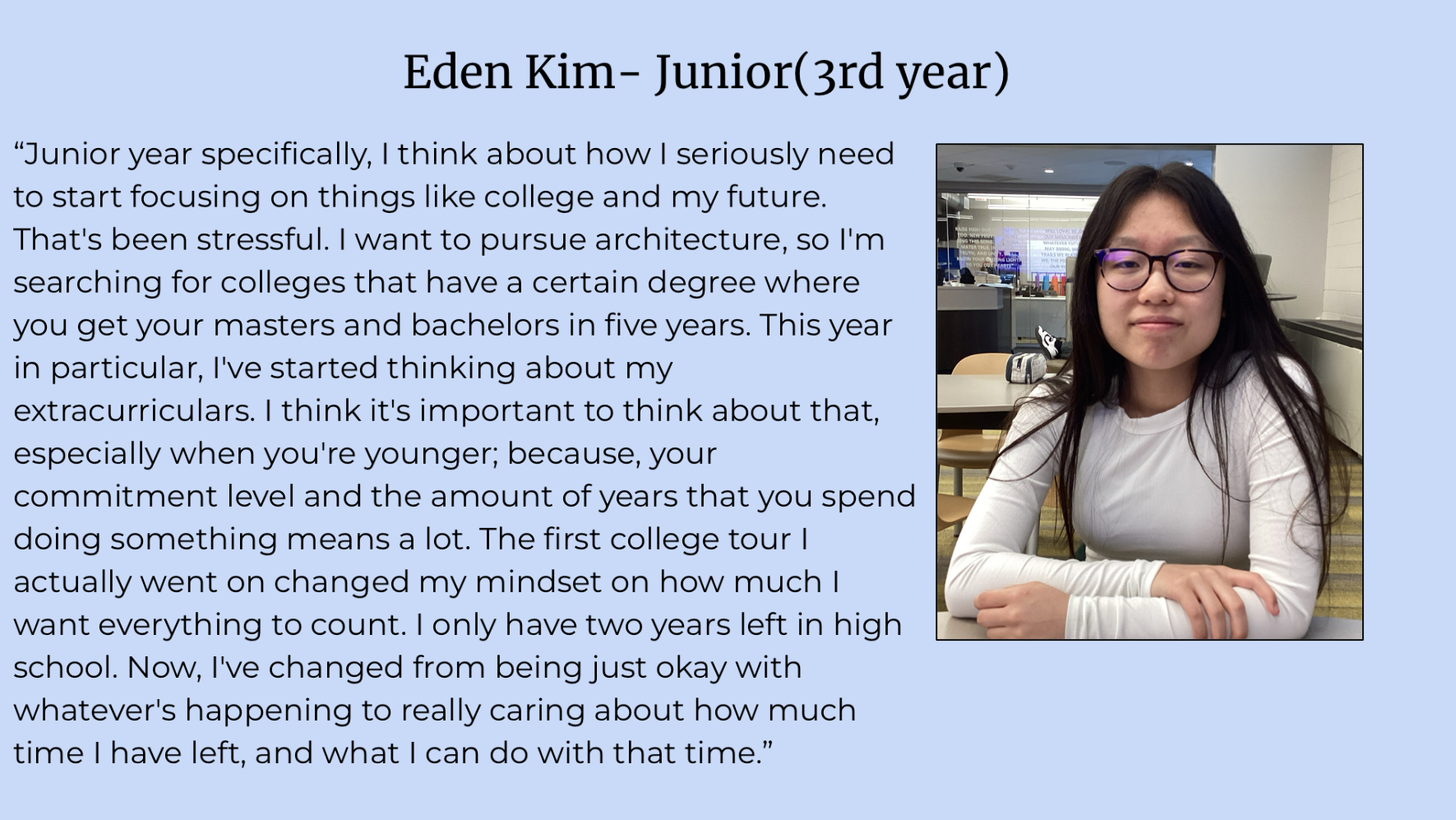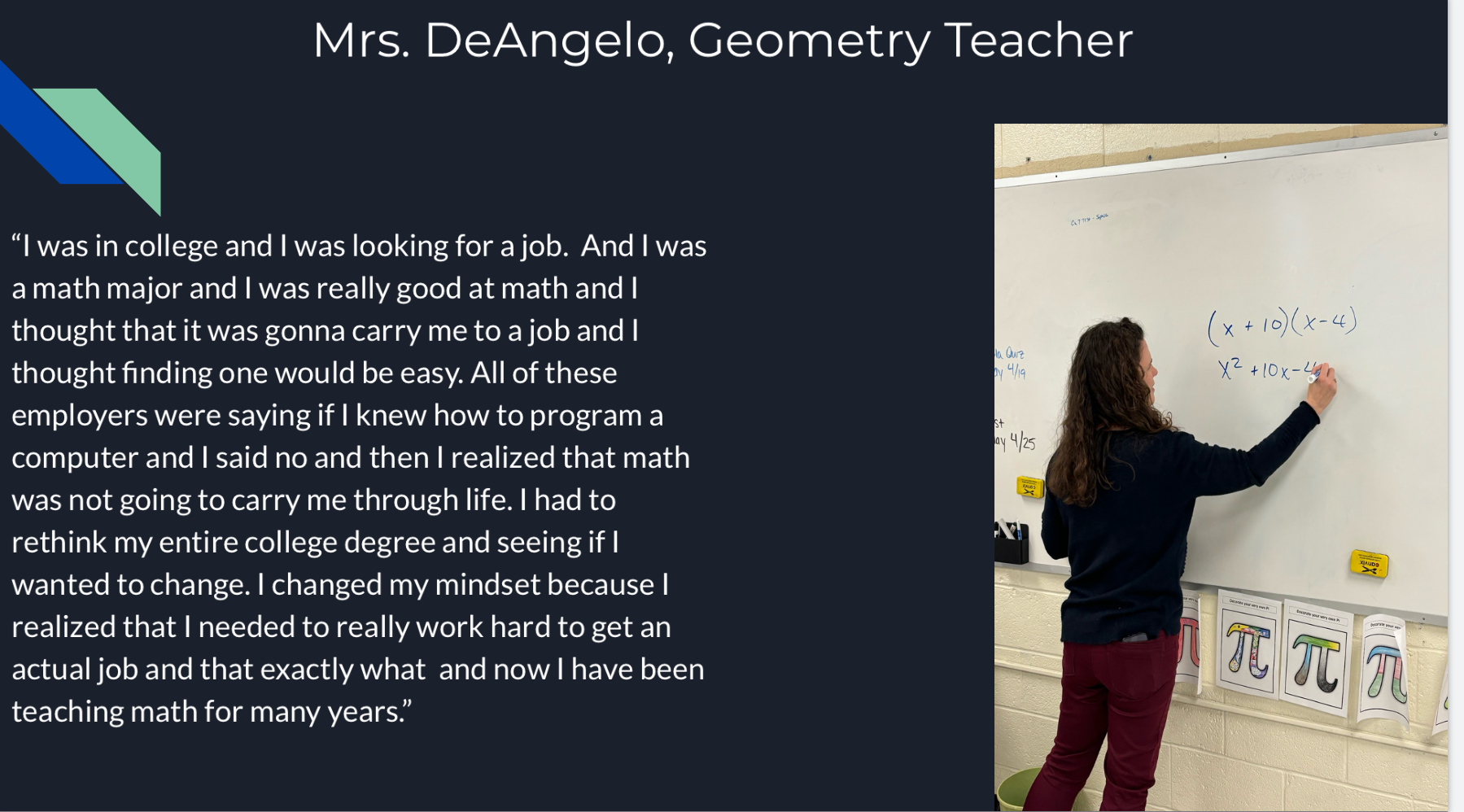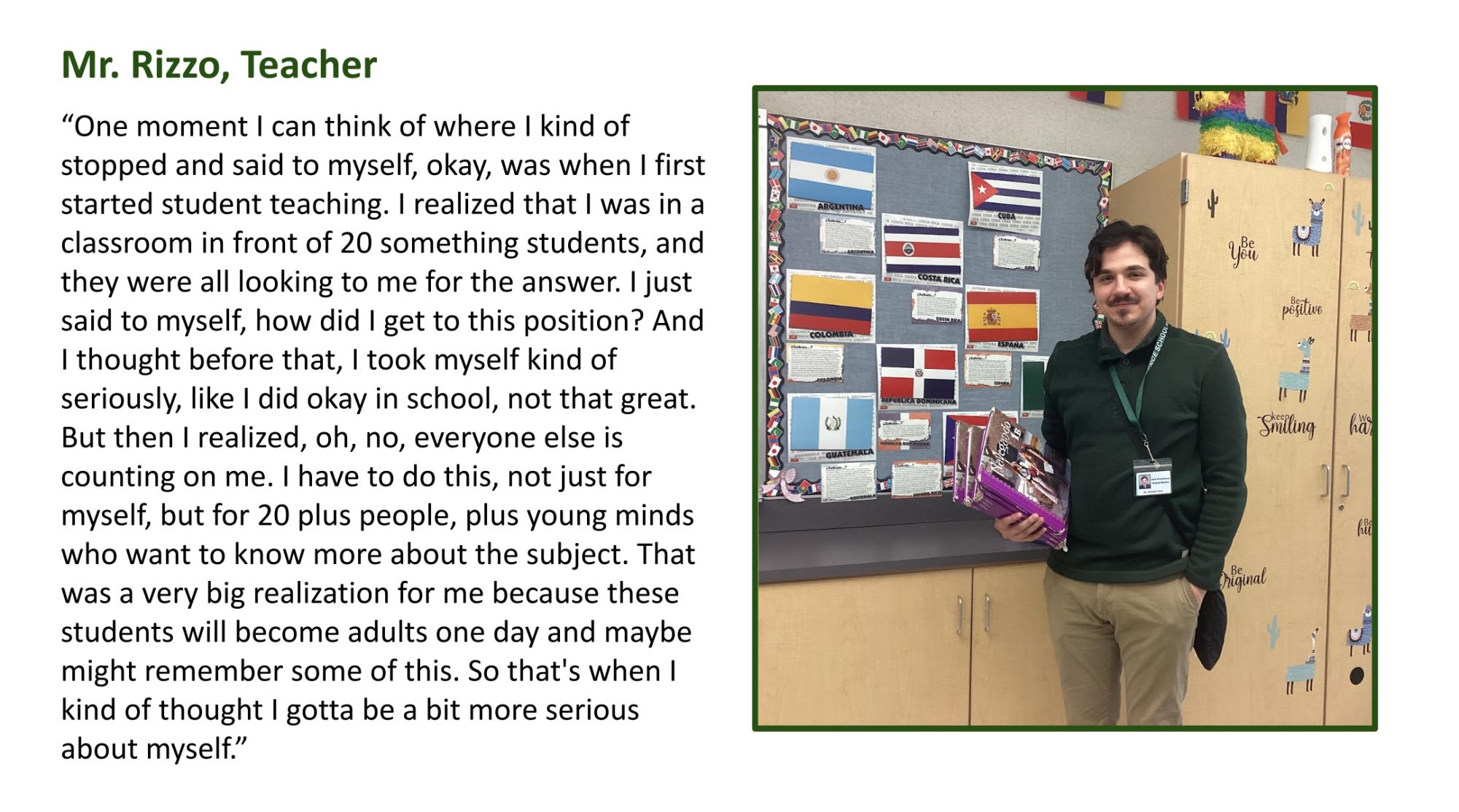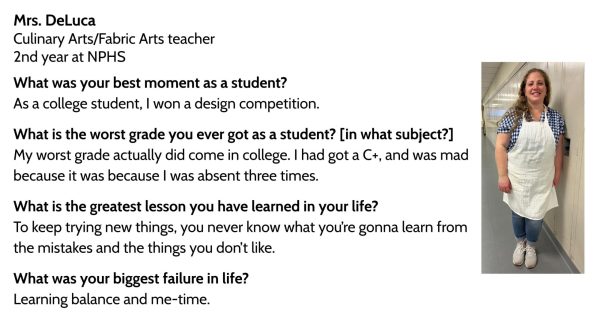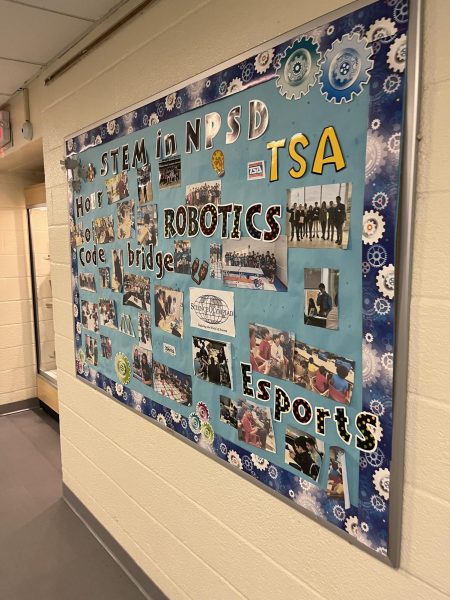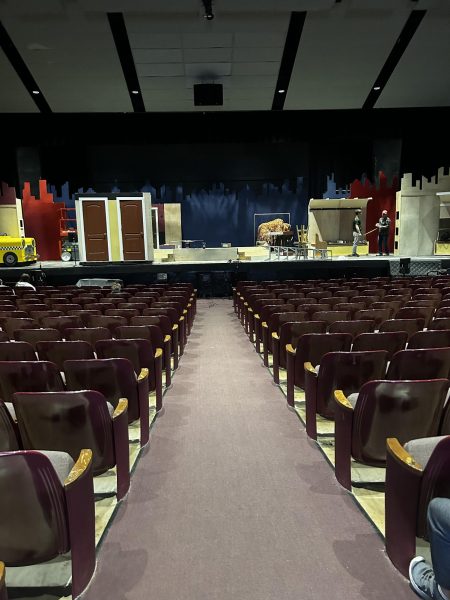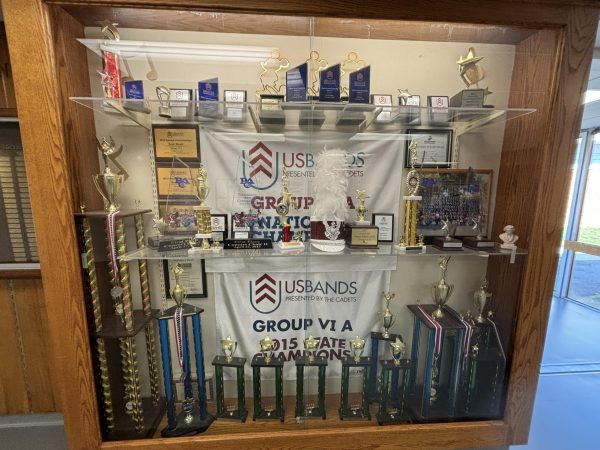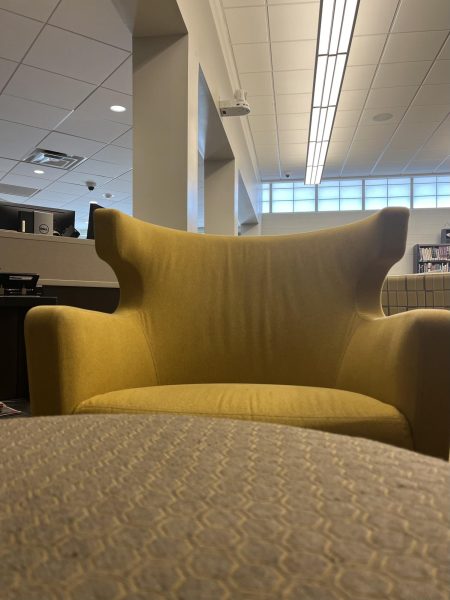Peer Review: Useful Practice or Anxiety Inducing?
December 13, 2022
Among teachers and students there are different opinions on the practice of students grading or editing each other’s work prior to the student handing it in for a grade. While some students find it beneficial to receive constructive criticism from their peers, others can find it intimidating.
Ronan Flanagan, a junior at NPHS, said: “I think peer grading is a great idea to get a new perspective on your work prior to turning it in. Students are more likely to relate to each other’s ideas and mistakes than a teacher is, so it creates less pressure for us.”
In addition to this, Flanagan stated that: “Students also share the same workload and can possibly share similar perspectives on the assignment, which could be helpful for accurate and beneficial corrections to be made.”
While many may agree with Flanagan’s opinion, Alexa DeSeta, a junior at NPHS does not.
“Personally I believe it raises students’ stress to grade each other’s work. Especially if that were the final grade going into the quarter. I think if students were to grade each other’s work, the names should be left anonymous to remove any potential judgment,” she said.
This fear of judgment from others is common among students, which is also what causes many students to have anxiety about speaking in front of the class or presenting. While peer feedback can be beneficial, it could also be detrimental for some for this reason.
David Goldstein, Language Arts department head and teacher at NPHS shared his view: “I used to let my students grade each other’s vocabulary practice quizzes, but that was years ago and I haven’t done that since.”
In agreement with DeSeta, Goldstein said: “I don’t think it would benefit students to grade essays unless it was something like a five paragraph formatted paper. Usually the stuff we do in this class (AP Language and Composition) wouldn’t be able to be graded by peers.”
While students and teachers all have their varying opinions, the New Providence School District seems to have a plan to increase overall student collaboration with their new goals for the bond referendum.
This includes new desks and furniture that come in groups or tables rather than individually, as a way to bring students closer together in the classroom. Students like Flanagan, who enjoy working with their peers will likely benefit from this plan.

